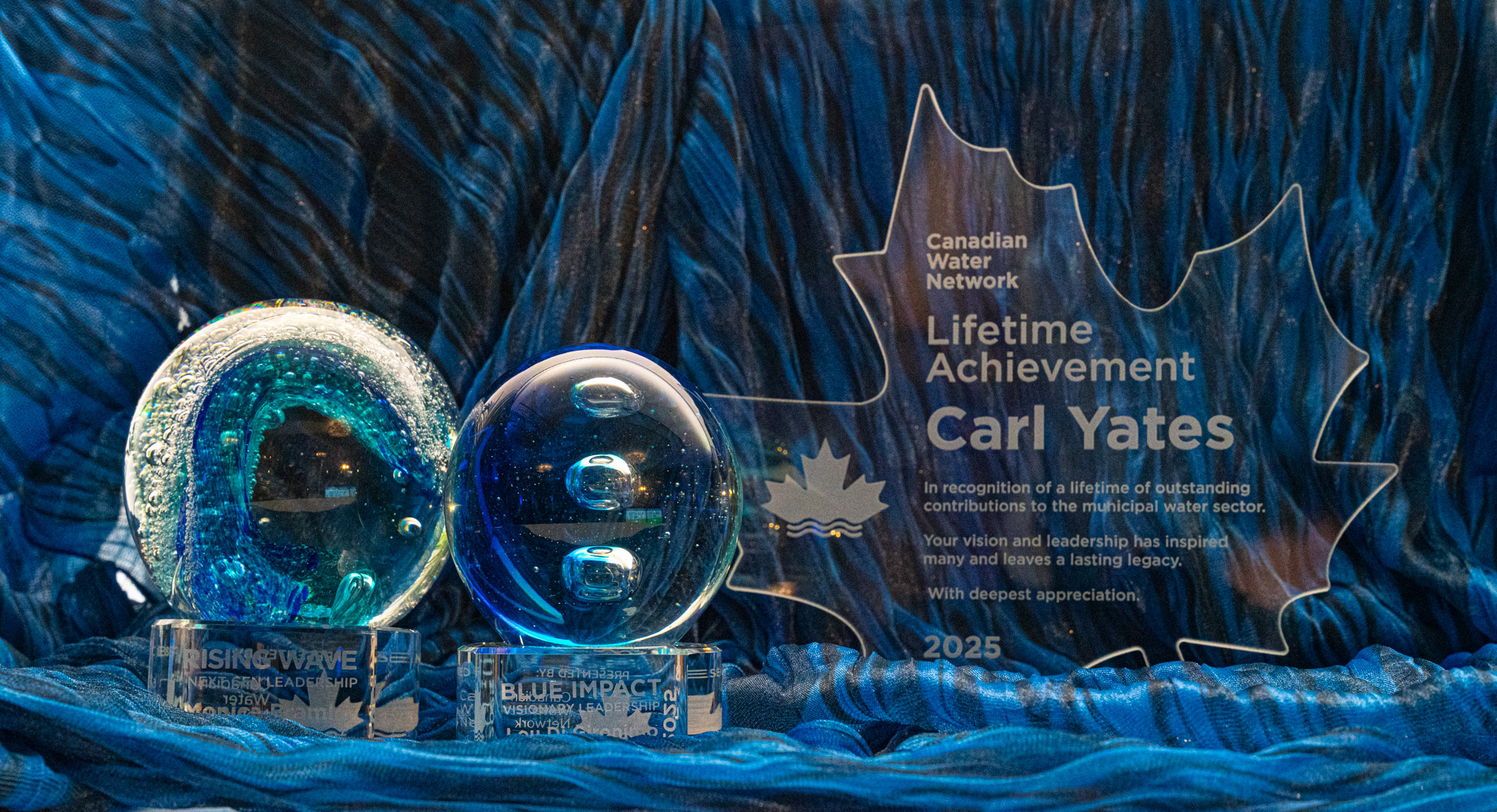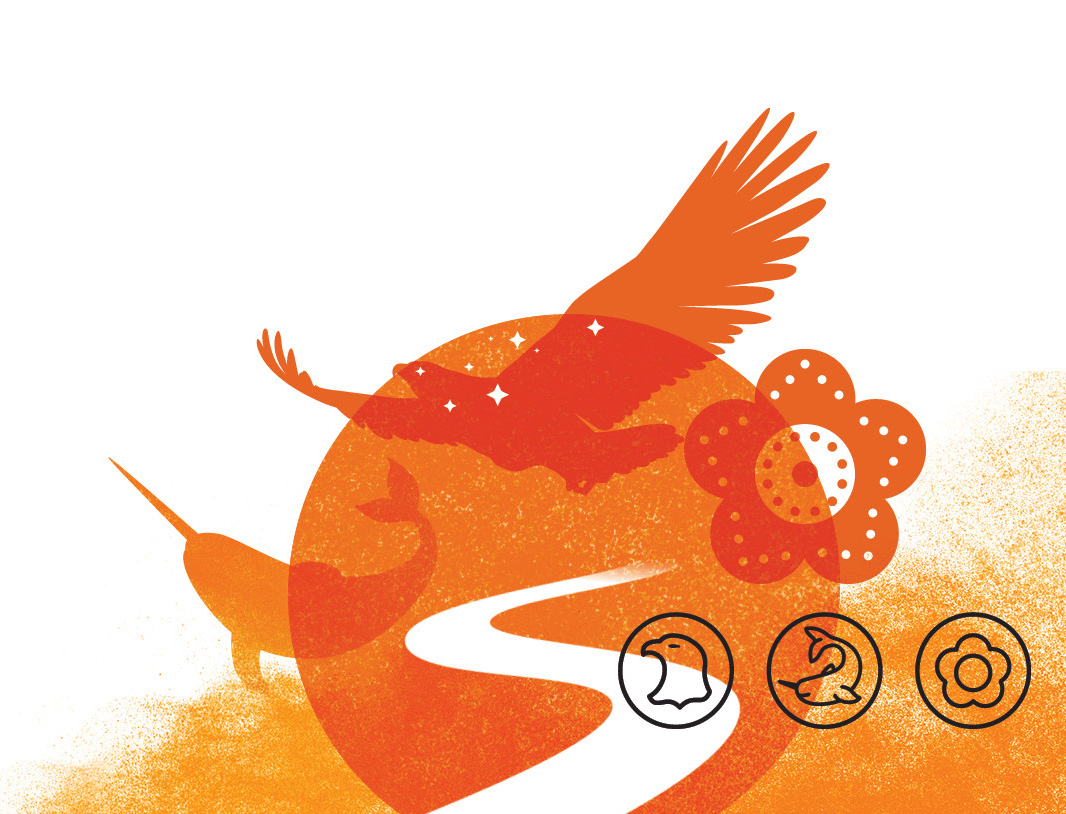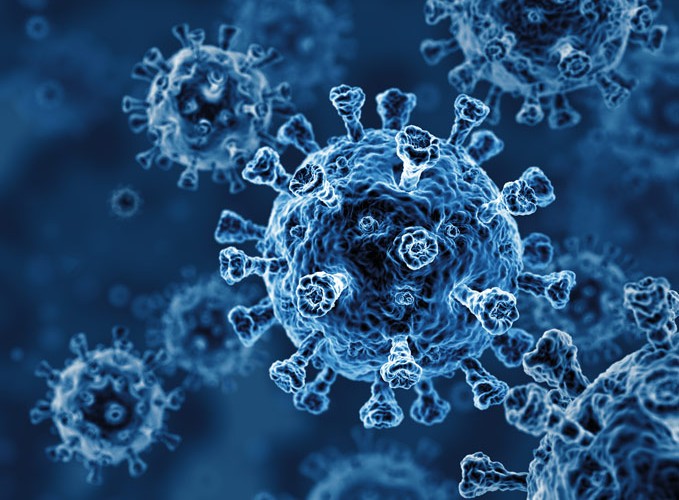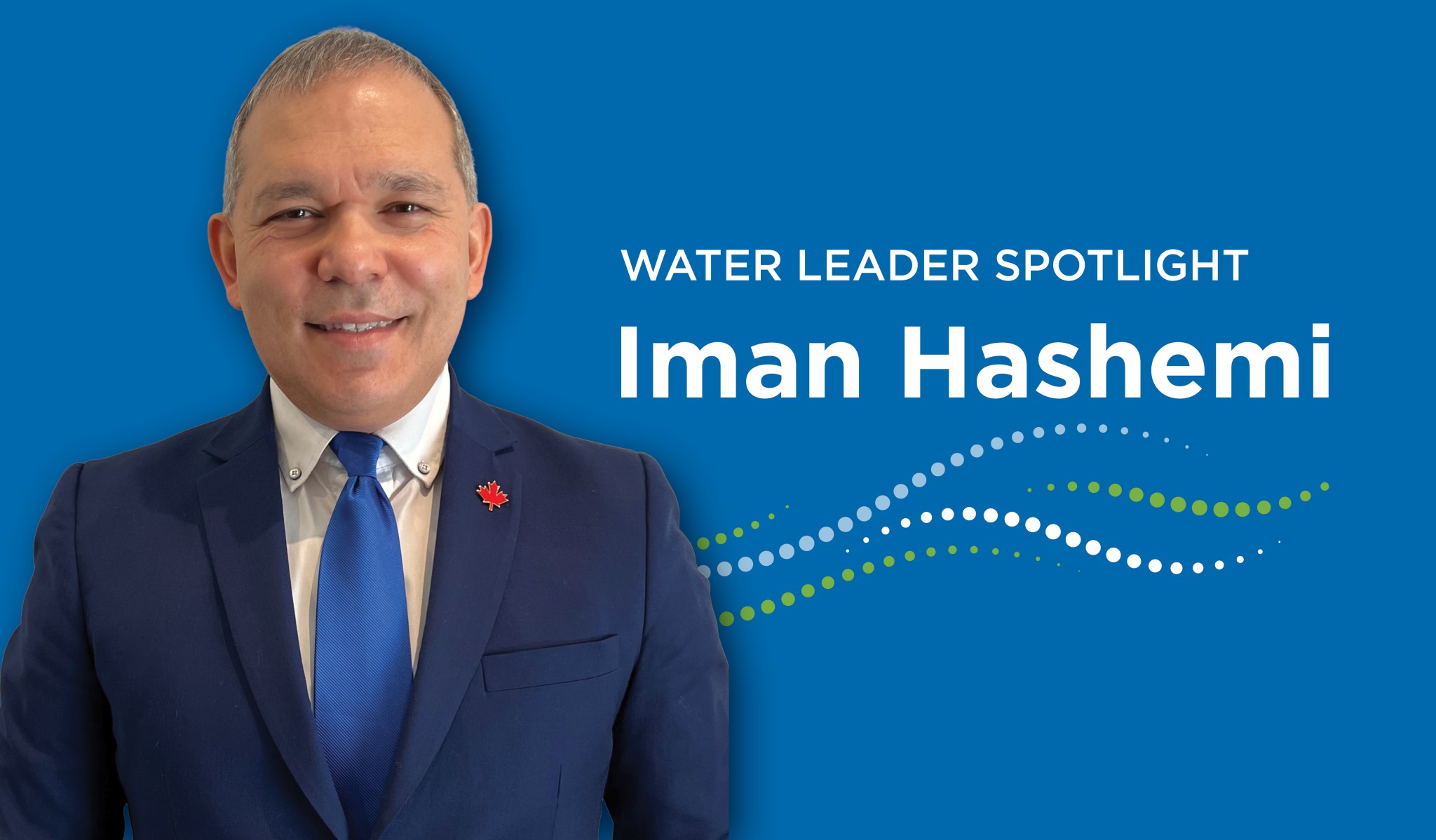Empowering public health practitioners through wastewater-based surveillance
December 14, 2023
CWN’s quarterly newsletter with the latest news, insights and thought leadership.

At CWN, our collaboration with the National Collaborating Centre for Infectious Diseases (NCCID) is instrumental in empowering public health practitioners through our Wastewater-based Surveillance (WBS) Program. This initiative supports peer learning and knowledge sharing for public health practitioners, particularly when it comes to communicating and interpreting WBS data.
Webinar on wastewater-based surveillance
In September, program participants and a wider audience joined a webinar hosted by CWN and NCCID on wastewater-based surveillance. Dr. Amy Kirby, the national wastewater surveillance system lead at the Centers for Disease Control and Prevention, highlighted the current landscape of wastewater-based surveillance in the United States. We also discussed considerations and best practices for communicating wastewater data that supports effective public health decision-making for both experts and the public.
Peer learning sessions
In December, we wrapped up our peer-to-peer learning sessions in our main stream of public health practitioners. ESRI Canada provided a presentation on geospatial analysis of wastewater surveillance data. Recognizing the special circumstances within which rural, remote and isolated Indigenous communities conduct wastewater surveillance, we launched a stream of virtual peer learning sessions focused on the unique challenges they face. We launched the sessions in November, which will continue through to February.
Participation in Blue Cities
CWN held its flagship Blue Cities conference in October. The conference featured a public health stream focused on wastewater surveillance and other water-related health issues, a first for our organization. At the start of the conference, one of the two national dialogues focused on the future of wastewater surveillance. Throughout the conference, we hosted sessions on topics like the ethics of wastewater surveillance when involving equity-seeking groups, decision-making to safeguard water services during natural disasters, and innovations in water monitoring using genomics and other methods.
Update on the program’s Expert Advisory Group
We are delighted to share that Kari Johnston from One Yukon Coalition has joined the WBS Program’s Expert Advisory Group. Kari brings a wealth of knowledge to the Expert Advisory Group from her experience implementing a wastewater surveillance program in the Yukon.
Looking ahead
Going forward, CWN-NCCID’s WBS program will continue to support knowledge sharing among our participants. It will also continue to develop new resources to support public health providers in interpreting and communicating wastewater data with decision-makers and the general population.


